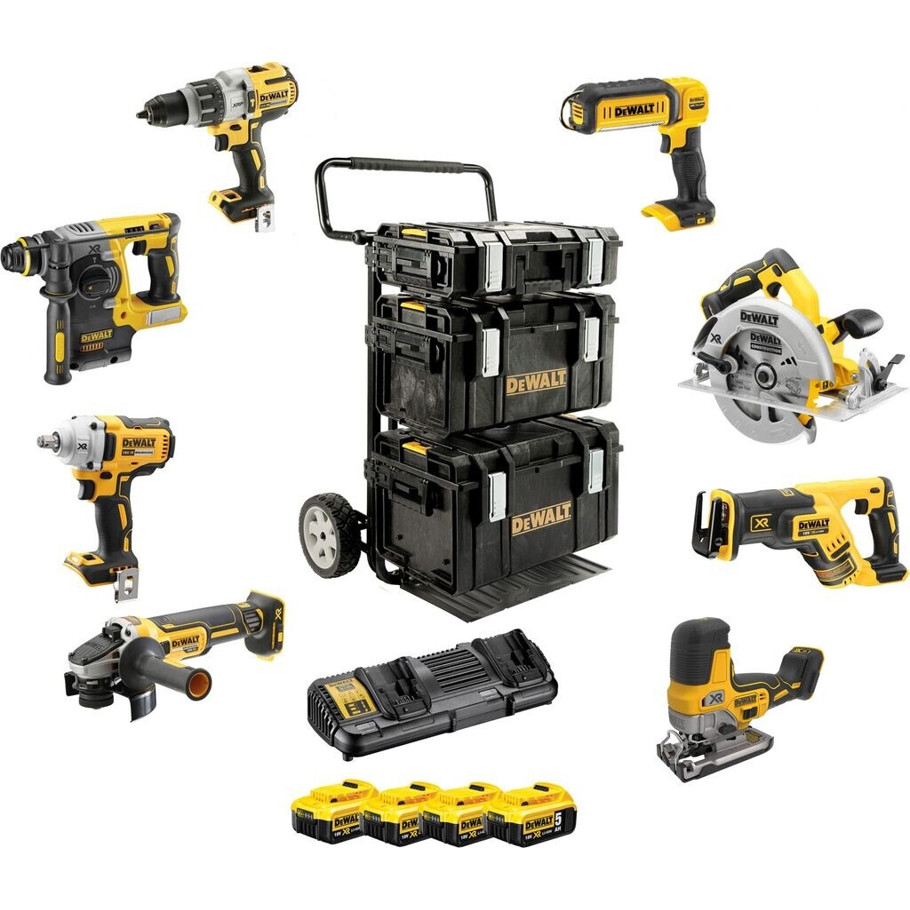The Ultimate Guide to Buying a Router: Ensuring Optimal Connectivity for Your Home or Office
In today's fast-paced digital world, reliable web connection is more crucial than ever. Whether for remote work, online knowing, gaming, or streaming, having a robust and effective router is important. This thorough guide will assist consumers make notified choices when picking the perfect router for their specific requirements.
Understanding Routers: The Basics
Before diving into the purchasing process, it's important to understand what a router does. A router is a networking device that forwards information packages between computer networks, making it possible for multiple gadgets to use the exact same internet connection concurrently.
Secret Functions of a Router
- Connectivity: Connects various devices (computers, smart devices, wise TVs, etc) to the web.
- Traffic Management: Manages data traffic to ensure consistent speeds.
- Security: Protects your network from external hazards with built-in firewall programs and security protocols.
- Wireless Access: Provides Wi-Fi connection in homes and offices.
Types of Routers
When considering a router, it's crucial to understand the different types readily available. Here's a brief introduction:
1. Wired Routers
- Pros: Fast speeds, reliable connection, security from external dangers.
- Cons: Limited mobility; gadgets require to be physically linked.
2. Wireless Routers
- Pros: Greater versatility, connects numerous gadgets without wires.
- Cons: Range limitations and prospective security vulnerabilities.
3. Dual-Band Routers
- Pros: Offers both 2.4 GHz and 5GHz bands, decreasing interference and permitting faster speeds on modern-day gadgets.
- Cons: More costly than single-band routers.
4. Tri-Band Routers
- Pros: Additional band for better efficiency; suitable for numerous heavy users or clever homes.
- Cons: Typically more expensive and might be overkill for fundamental users.
5. Modem-Router Combos
- Pros: Saves area and decreases the variety of gadgets; simple to establish.
- Cons: Less flexibility in updating elements and can cause concerns if one part fails.
| Type | Pros | Cons |
|---|---|---|
| Wired | Fast speeds, trustworthy connection | Limited movement |
| Wireless | Greater flexibility | Variety constraints, security vulnerabilities |
| Dual-Band | Reduced interference, faster speeds | More costly than single-band routers |
| Tri-Band | Much better efficiency for multiple users | More expensive; may be overkill |
| Modem-Router Combo | Saves area, easy setup | Less flexibility, prospective failure problems |
Elements to Consider When Buying a Router
With numerous types of routers available, comprehending the important elements affecting your decision can help you pick carefully.
1. Speed
Search for routers with greater speed rankings, typically determined in Mbps (megabits per second). The minimum requirement for basic activities is 25 Mbps, but for video gaming and HD streaming, 100 Mbps or more is preferable.
2. Variety
Consider the size of your office or home. Routers feature various varieties; if you have a large space or numerous floorings, go with a router with prolonged variety capabilities or think about a mesh network setup.
3. Security Features
Guarantee the router includes robust security features like WPA3 file encryption, firewall programs, and guest gain access to. This is particularly important for securing personal data.
4. Variety of Devices
Examine the number of gadgets will link to the router. High-user environments, such as clever homes, may need routers created to deal with various simultaneous connections.
5. Future-Proofing
Think about a router that supports the current Wi-Fi standards (Wi-Fi 6 is presently the most recent), which offers better effectiveness and connectivity options for future devices.
Advised Routers in 2023
Here's a selection of some well-reviewed routers currently popular in the market:
| Router Model | Type | Speed | Range | Price |
|---|---|---|---|---|
| TP-Link Archer AX50 | Dual-Band | Up to 2402 Mbps | Up to 2000 sq. ft. | ₤ 99 |
| ASUS RT-AX88U | Tri-Band | As much as 6000 Mbps | Up to 3000 sq. ft. | ₤ 299 |
| Netgear Nighthawk RAX80 | Dual-Band | Approximately 6000 Mbps | Up to 3000 sq. ft. | ₤ 399 |
| Google Nest Wifi | Mesh | Up to 2200 Mbps | As much as 2200 sq. ft. (per system) | ₤ 299 (for 2-pack) |
| Linksys EA7300 | Dual-Band | Up to 1750 Mbps | Up to 1500 sq. ft. | ₤ 149 |
FAQs on Buying a Router
Q1: Do I need a dual-band or tri-band router?
A: If you have a wise home or several users streaming or gaming, a dual-band or tri-band router is suggested for optimal performance and reduced interference.
Q2: Can I utilize my old router with a brand-new one?
A: You can use an old router as a range extender or extra access point to enhance protection, however it might restrict total efficiency.
Q3: How frequently should I change my router?
A: It's suggested to change your router every 3-5 years to keep up with improvements in technology and make sure optimal security.
Q4: Is a mesh network much better than a conventional router?
A: A mesh network is frequently more reliable in large or multi-story homes for providing constant protection, while a conventional router may suffice for smaller sized areas.
Q5: What speed do I require in a router for fundamental browsing?
A: For basic browsing, a router with a minimum of 25 Mbps is adequate, but consider greater speeds for streaming and gaming.
Buying a router is an essential choice that can significantly affect your web experience. By understanding Flachdübelfräse Test 2024 of routers available, examining essential features, and thinking about existing market alternatives, consumers can make sure a better connected way of life. Investing time in choosing the ideal router pays dividends in speed, coverage, and total fulfillment, making it a vital component of today's interconnected home or office.

